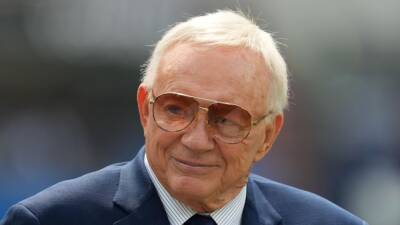Toronto professor claims FIFA draw contains hidden bias that skews the odds
Jeffrey Rosenthal, a professor of probability in the University of Toronto's Department of Statistical Sciences, watched Friday's World Cup draw with more interest than the average Canadian soccer fan.
Together with Britain's Gareth Roberts, his Liverpool-obsessed colleague, he's been trying to correct a hidden bias in FIFA's self-made, sequential method: It doesn't give equal weight to all possible team combinations, effectively skewing the draw.
Rosenthal and Roberts have come up with not one but three perfectly fair fixes, but none was in effect when a collection of the game's greats began drawing names on a stage in Doha, Qatar.
"Every possible way of fitting those teams together should have the same chance of occurring. With the FIFA way, that's not the case," Rosenthal said following the draw. "It's subtle. It's not a huge difference. But it's enough of a difference."
Like soccer itself, the World Cup draw is more complicated than it first seems. Thirty-two teams must be assigned to eight groups of four. In an attempt to balance the groups, the teams are seeded into four pots of relative strength, based largely on their international ranking.
On Friday, however, host Qatar was assigned the first spot in Group A despite being ranked 51st in the world, gumming up the competitive works from the start. Then came a cascade of further challenges, each compounding the others.
Every group had to have at least one team from Europe. Because there will be 13 representatives from UEFA in Qatar, five of the groups now necessarily boast two European sides, but no group could have had three. No other confederation could see more than one team in the same group. Canada couldn't have been pitted against the United States, for








